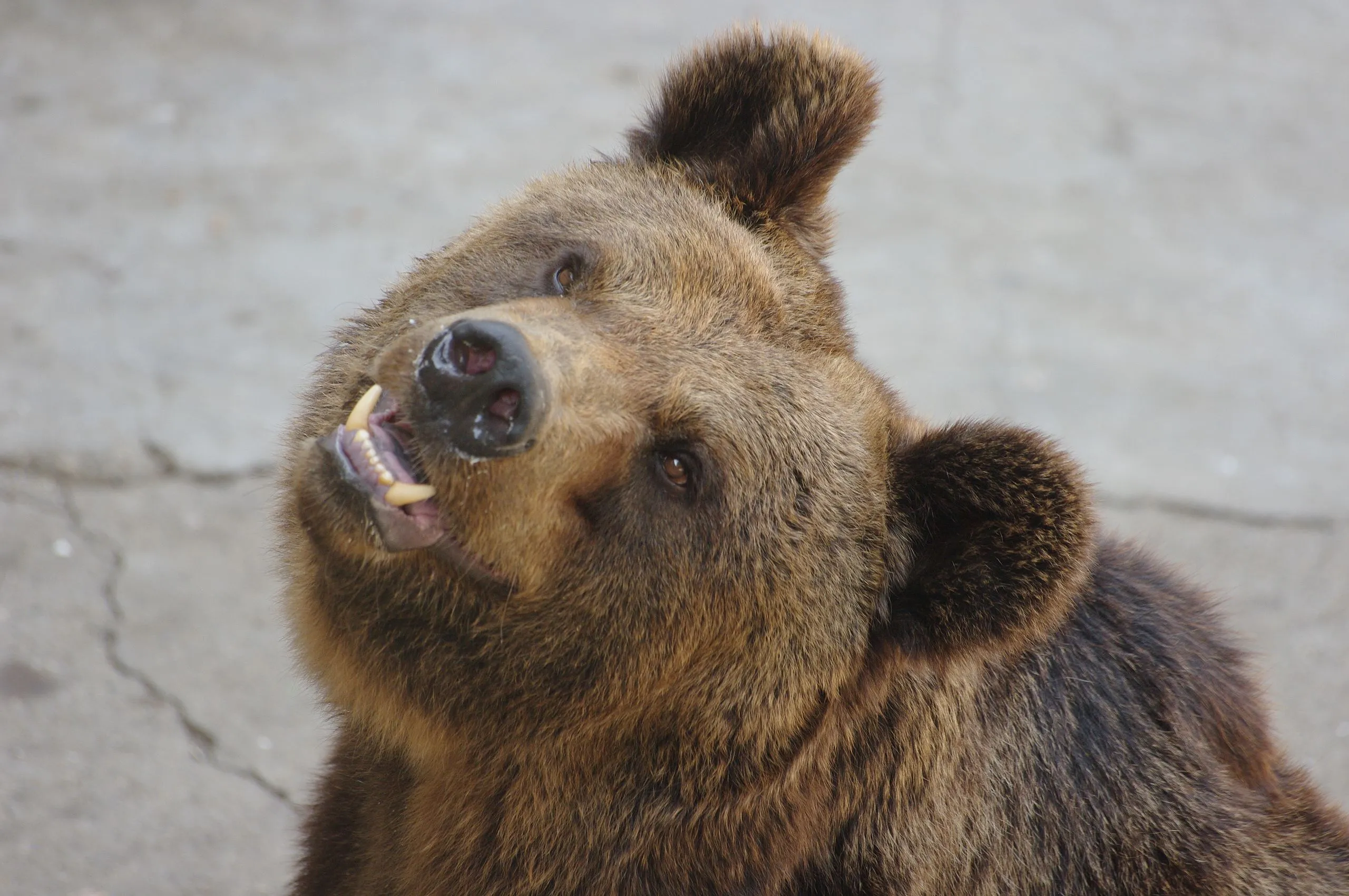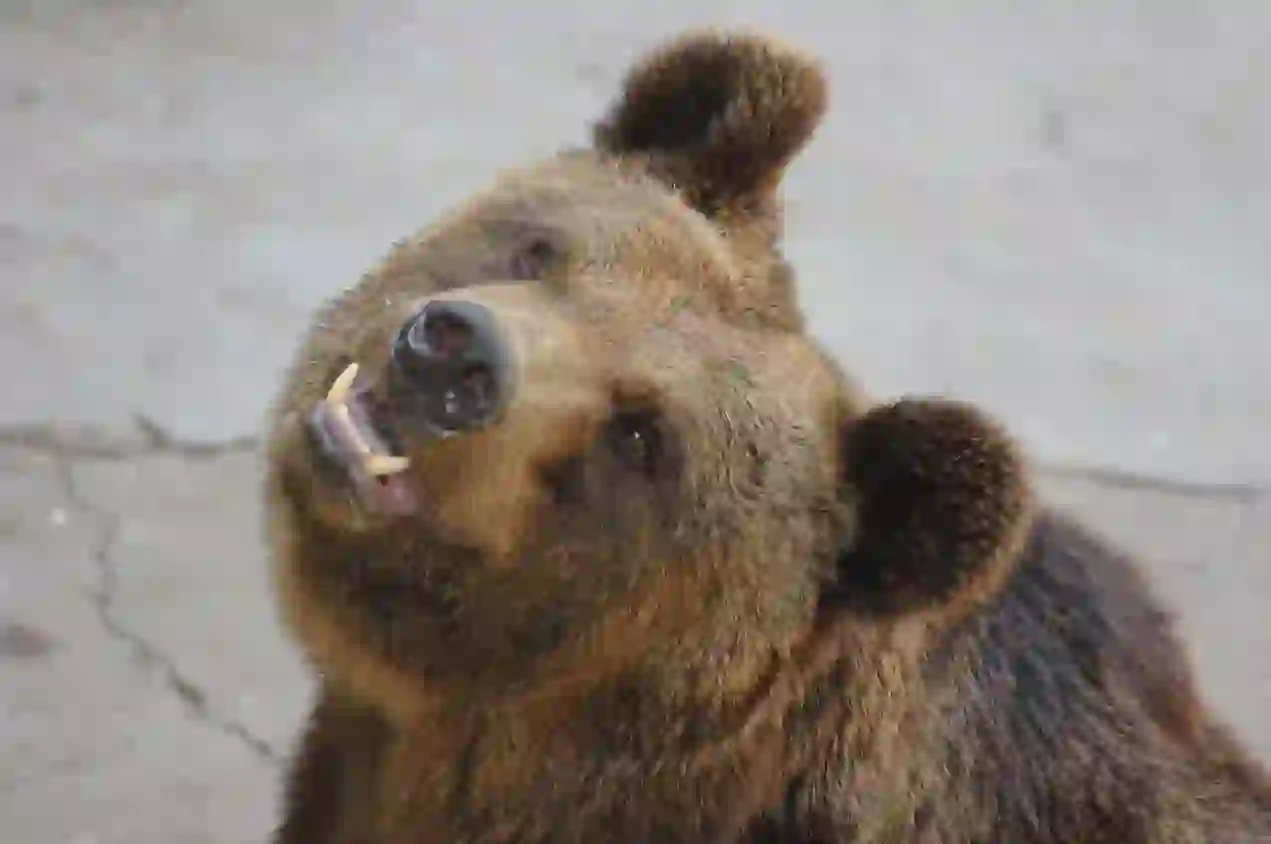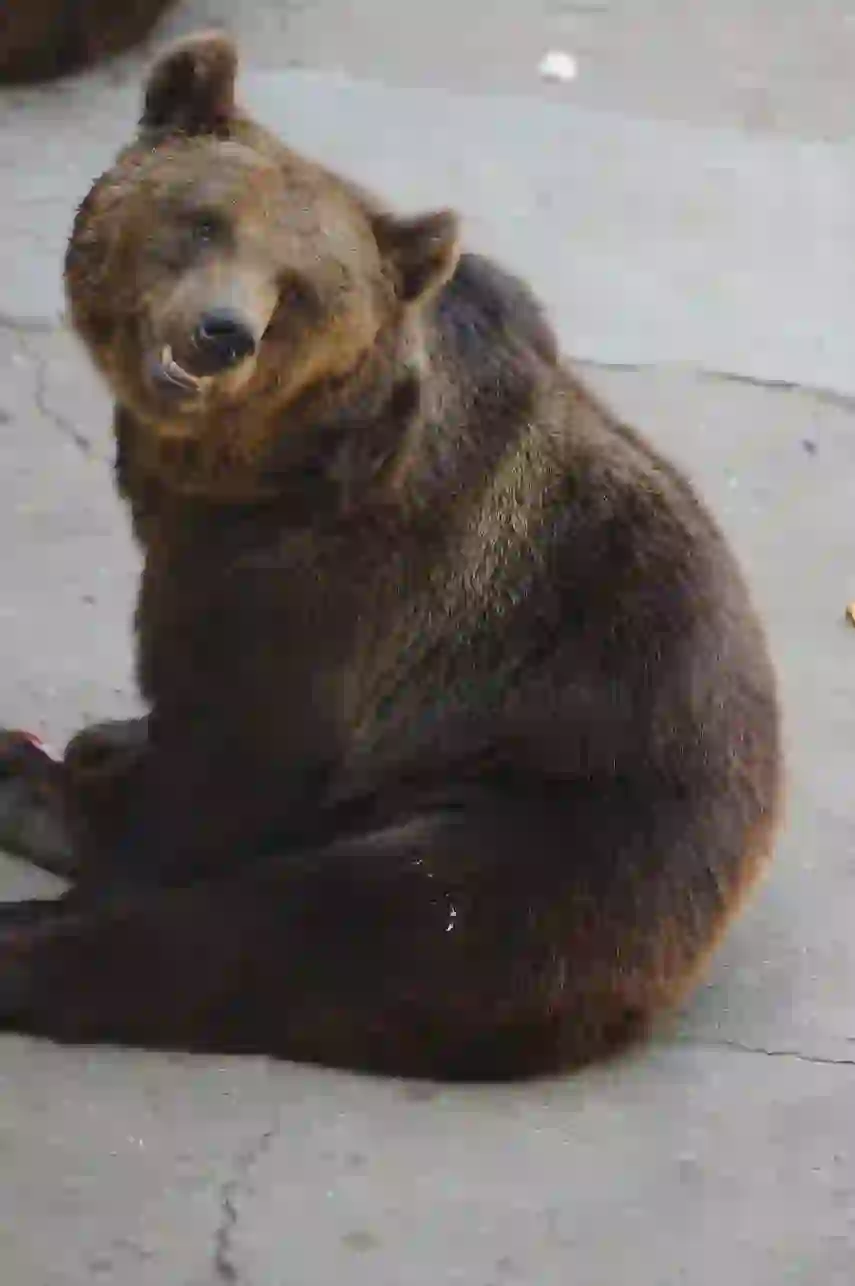
Ussuri Brown Bear
Ussuri Brown Bear
Ussuri Brown Bear
In the rich forests of the Russian Far East, lives the Ussuri brown bear, a powerful and resilient subspecies of the brown bear. They are the same subspecies as the Ezo brown bear in Hokkaido, making them a familiar bear to Japan. Let's delve into the ecology of the Ussuri brown bear, their environment, and their relationship with humans.
Ussuri Brown Bear Basic Infomation

| Property | Value |
|---|---|
| Scientific Name | Ursus arctos lasiotus |
| Taxonomic Status | SUBSPECIES |
| Rank | SPECIES |
| Vernacular Names | Ussuri brown bear |
| Kingdom | Animalia |
| Phylum | Chordata |
| Class | Mammalia |
| Order | Carnivora |
| Family | Ursidae |
| Genus | Ursus |
| Habitats | Forest regions of the Russian Far East, northeastern China, and Hokkaido, Japan |
| Conservation Status | Least Concern (IUCN 2023) |

Size
They are about 6.6 to 8.2 feet (2 to 2.5 meters) long, with males weighing 440 to 880 pounds (200 to 400 kilograms). Females are slightly smaller.

Lifespan
They live for about 20 to 25 years in the wild, and even longer in captivity.

Distribution
They are found in the Russian Far East, northeastern China, and Hokkaido, Japan. They mainly live in forests and mountainous areas, utilizing the rich natural environment.
Ussuri Brown Bear Q&A

What kind of bear is the Ussuri brown bear?
The Ussuri brown bear is a subspecies of the brown bear found in the Russian Far East, northeastern China, and Hokkaido, Japan.
They are the same subspecies as the Ezo brown bear in Hokkaido, and are known as 'Ezo brown bears' in Japan. Ussuri brown bears have various coat colors, ranging from dark brown to almost black. Their coat color varies depending on the region, with those living in colder regions having longer and thicker fur. This is an adaptation to the harsh cold they experience. Ussuri brown bears are omnivores, eating salmon, fruits, plants, and sometimes even small mammals. They are also known for hibernating during the winter. During hibernation, they stay in dens dug in the ground until spring arrives.

What do Ussuri brown bears eat?
Ussuri brown bears are omnivores, eating salmon, fruits, plants, and sometimes even small mammals.
Their diet changes with the seasons. In the spring, they emerge from hibernation and eat grasses and buds. From summer to autumn, salmon become abundant, and they enter the rivers to catch them. In autumn, they eat lots of nuts and animal-based foods to store fat for the winter. They don't eat anything during hibernation. They have a very keen sense of smell and can detect the scent of food from miles away. They also use their strong forelegs to dig up roots and insect larvae.

[Quiz!] How big do Ussuri brown bears get?
The Ussuri brown bear is a large subspecies of brown bear.
Adult males can grow up to 9.2 feet (2.8 meters) long and weigh over 880 pounds (400 kilograms)! Females are smaller, reaching around 6.5 feet (2 meters) in length and weighing around 440 pounds (200 kilograms). They have a powerful physique, large head, and long claws.

[Quiz!] Is it true that female Ussuri brown bears give birth during hibernation?
Yes, it's true! Female Ussuri brown bears give birth to 1 to 3 cubs during hibernation.
The cubs are very small and hairless when they are born. They are kept warm by their mother's body heat and feed on her milk. They emerge from the den with their mother in the spring.

[Quiz!] Are Ussuri brown bears dangerous to humans?
Ussuri brown bears are very powerful animals and can pose a threat to humans.
However, they are generally afraid of humans and rarely attack proactively. If you encounter a Ussuri brown bear, do not approach or provoke it, and quietly leave the area. When entering their habitat, be cautious and do not leave food unattended or litter, as these actions can attract bears to human settlements.

[Quiz!] Are Ussuri brown bears endangered?
The Ussuri brown bear is listed as 'Least Concern' on the IUCN (International Union for Conservation of Nature) Red List.
This means they are not currently considered to be at risk of extinction. However, their population is declining and requires attention. Their habitat in the Russian Far East, northeastern China, and Hokkaido is being threatened by deforestation and development. To protect Ussuri brown bears, it is essential to conserve their habitat and promote coexistence with humans.

Would you like to become a part of the 'Animalbook.jp'?
Turn your knowledge into Q&A and share it with the world. ※Publication will be activated after purchase. Let's share information together!
Ussuri Brown Bear Type of List

Efforts to Protect Ussuri Brown Bears
- Habitat conservation: Protecting forests and establishing corridors to connect fragmented habitats
- Strengthening anti-poaching patrols: Increasing patrols and surveillance to apprehend poachers and prevent illegal trade
- Preventing human-wildlife conflict: Educating local communities about bear-aware practices and distributing bear spray
- Captive breeding programs: Breeding Ussuri brown bears in zoos and working to reintroduce them into the wild
Information
Congratulations! You are the first commenter!

Create Your Favorite List!
Ussuri Brown Bear
Save the animals you love! Build your own list to quickly revisit your favorites later.

Would you like to leave a comment?
※Please note: This is for the purchase of rights to post comments within the article.
Find Your Favorites!
Our shop offers a unique and attractive selection of goods themed around various animals.
Ussuri Brown Bear References
Ussuri Brown Bear Introduction of media used

JZ85, CC BY-SA 3.0, via Wikimedia Commons

JZ85, CC BY-SA 3.0, via Wikimedia Commons

Help Enrich Our Animalbook.jp with Your Media!
We are constantly looking to expand and enrich our Animalbook.jp with amazing photos and videos of animals. If you have any media that you'd like to share, please contribute and help us showcase the beauty and diversity of the animal kingdom. Your submissions will be credited and featured in our encyclopedia, reaching a wide audience of animal lovers.


















